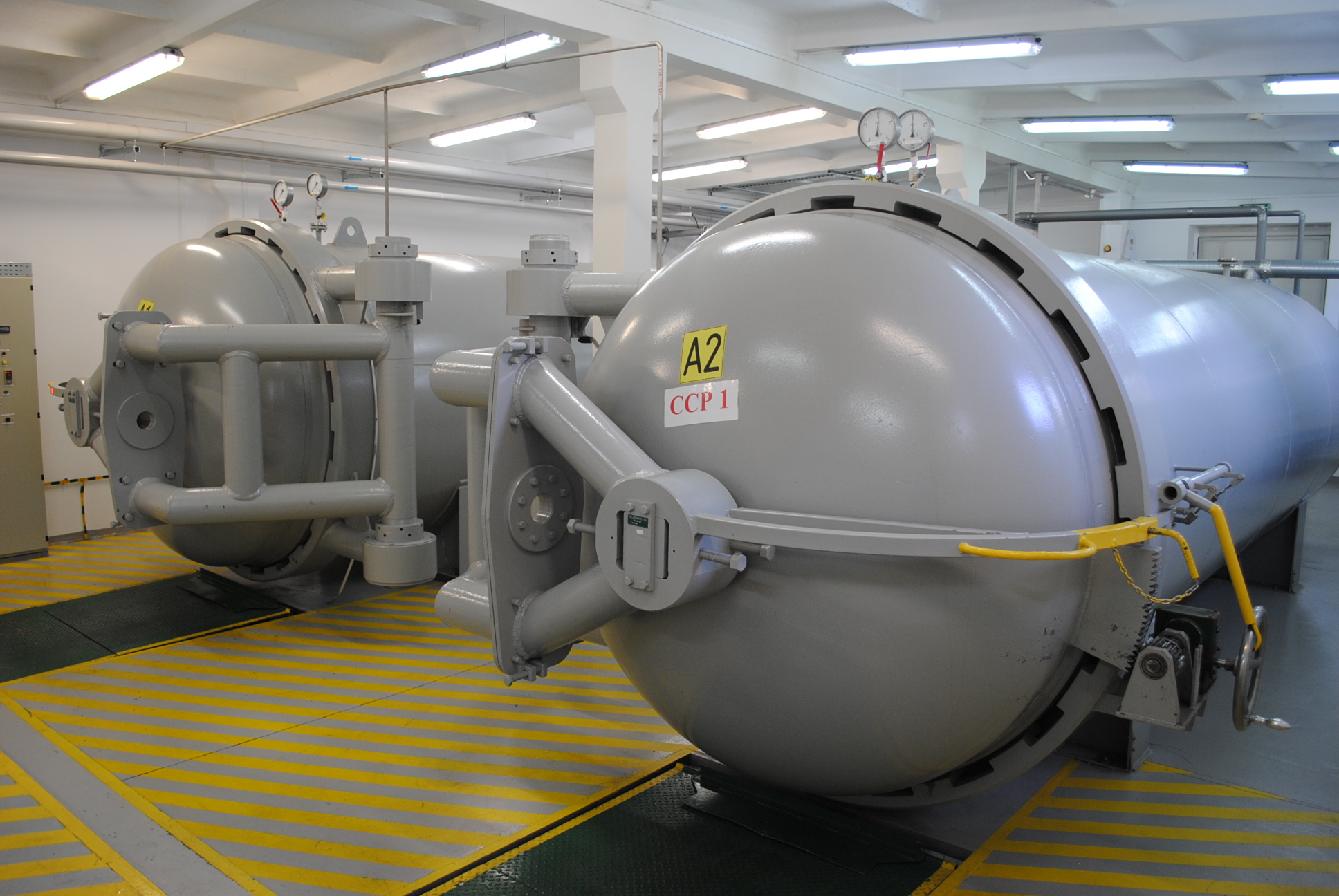Urinary tract inflammation is an ailment that can affect many people, especially adults. Its cause is the appearance of bacteria in the urinary tract. In a healthy person, the urethra and bladder are free of microorganisms. When the body’s defense mechanisms are weakened under certain conditions, bacteria can pass through the urethra into the bladder. There they multiply, and their presence causes the characteristic symptoms of infection.
These may include, for example, pain or burning during urination frequent sensation of urinary urgency pain in the lower abdomen unpleasant odor of urine or its turbidity
These symptoms may be present all together, but more often only some of them appear. The occurrence of even just one of the above may indicate the presence of a urinary tract infection. It is a good idea to take treatment as soon as the first symptoms of the disease are observed, as delay can only lead to exacerbation.
Medications for cystitis are available over-the-counter, and the potency of these medications allows for effective treatment. Symptoms of infection should not be ignored, as the consequence of an untreated infection can be bacterial nephritis. Symptoms of this disease include high body temperature, reaching 40°C, pain on both sides of the back and nausea and vomiting. The condition is dangerous to health and requires immediate medical intervention.
Who is most at risk for urinary tract inflammation?
Women
The greatest risk of bacterial urinary tract infection is for women. This is because the female urinary tract is built differently than the male urinary tract. First of all, in women the urethra is shorter, and this means that microorganisms can enter the bladder more quickly to find favorable conditions for existence there. An additional risk factor is ongoing or past menopause. During it, estrogen levels, which have a protective effect on the urinary system, decrease. For this reason, ladies over 50 are more likely to complain of cystitis. Pregnant women are also at high risk. The enlarged uterus causes pressure on the bladder. This leads to difficulty urinating. The long backlog of urine in the bladder can promote the growth of bacteria.
Diabetics
Regardless of gender, people with diabetes, especially with unregulated sugar levels, can be very susceptible to infection. Excess sugar is excreted with urine, so it can provide a breeding ground for pathogenic bacteria. People with a catheter inserted into the bladder may also be at high risk of infection. In their case, the preventive measure is to change catheters frequently and maintain proper personal hygiene.
Young people
Urinary tract infections are also very common in young people. Infection can be encouraged by frequent sexual activity, since during intercourse bacteria can be transferred from outside the body to the genital tract and from there to the urethra. In prevention, a high level of hygiene in both partners is very important. To avoid infection, one should urinate before intercourse and then wash with a gentle intimate hygiene product, preferably one with disinfectant properties. Also after intercourse, it’s a good idea to go to the toilet, so that the bladder can be cleansed of microorganisms that could potentially be there.
What drugs to choose for cystitis?
An effective way to treat urinary tract infections is to literally “flush” the microorganisms out of the bladder. To do this, you should take a drug with a diuretic effect. A good choice would be an herbal preparation such as Urosept. Its composition includes extracts of parsley root, birch leaves, bean seed, chamomile herb and lingonberry leaves, in addition to sodium citrate and potassium citrate.
The drug, with such a composition, works in several ways. First of all, it significantly increases the amount of urine excretion. To get the best effect of treatment, it is necessary to drink plenty of water. If in a healthy person 1.5 liters a day is enough, so in the case of an infection you should drink about 2- 2.5 liters. It is also very important to visit the toilet frequently so that there is no stagnation of urine in the bladder.
The recommended dosage of Urosept is 2 tablets 3 times a day. This medication is suitable for adolescents over 12 years of age and adults.
Frequent urination does not always have to mean infection
Another ailment whose treatment requires a diuretic is kidney stones. One of its symptoms is painful and frequent urination. As a rule, the pain caused by lithiasis is more severe than the pain associated with infection. It also covers a larger area of the body – it usually affects the abdominal region or back, and can also radiate to the groin or testicle. Characteristic of stones can be a situation in which changing the position of the body does not bring relief from pain. Other symptoms of kidney stones include the presence of blood in the urine and nausea and vomiting.
The cause of kidney stones is the precipitation of minerals in the kidneys, present in the urine. This occurs if the urine contains a small amount of water, so those most at risk are those who drink too few fluids or who spend long periods of time in dry and hot climates without adequate hydration. Additional risk factors include a diet high in protein, sodium and oxalates, age over 40 (men) or 50 (women) and concurrent gout.
The crystals that form initially are very small, which is why they are referred to as kidney sand. Most often, their presence does not give any symptoms. Over time, the sand deposits may become larger. They are then called kidney stones. Some stones can be so large that they block the outflow of urine from the kidneys. When this happens, there is difficulty urinating and severe pain. Kidney sand and small stones can be expelled out with the urine. If the stone is less than 5 mm in diameter, there is a 90% chance that it can be removed without medical intervention. If it is between 5 and 10 mm in diameter, the probability is already only 50%.
To help the urinary system remove stones, it is worth using a product with diuretic action. Urosept is most suitable for this, as it increases the amount of urine passed. Sodium citrate and potassium citrate contained in its composition change the reaction of urine to alkaline, facilitating the dissolution of kidney deposits. Of course, it is essential to drink plenty of water during treatment, preferably 2-2.5 liters a day.
Stones in the bladder can become a cause of urinary tract infection. The reverse can also occur: often recurrent urinary tract inflammation can have consequences in the form of increased susceptibility to kidney stones.







